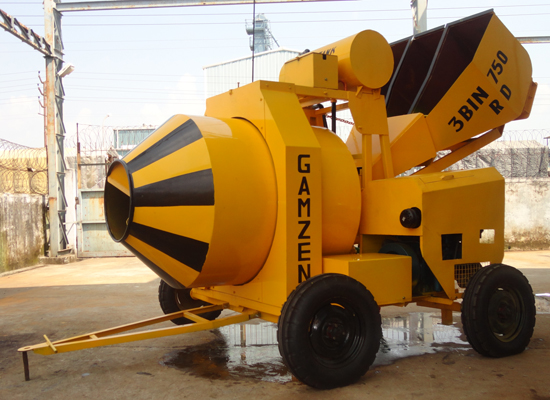Concrete batching plants have become indispensable in the construction industry, streamlining the production of high-quality concrete and enhancing overall project efficiency. While many blogs highlight the basics of these plants, this post aims to delve deeper into the advantages that are often overlooked. Let’s explore how concrete batching plants offer more than just the convenience of mixing concrete on-site.
Precise Mixing Ratios for Superior Quality
One of the underappreciated advantages of concrete batching plants is their ability to provide precise mixing ratios. According to a study by the National Ready Mixed Concrete Association (NRMCA), concrete mixed at batching plants consistently meets quality standards, resulting in higher durability and strength. This precision is crucial for projects with specific concrete requirements, ensuring structural integrity and longevity.
Reduced Environmental Impact
Concrete batching plants contribute to environmental sustainability in ways often overlooked. The centralized production model allows for better control over raw material usage, leading to less waste. Additionally, modern batching plants incorporate advanced technologies to reduce dust emissions and optimize energy consumption.
According to a report by the World Green Building Council, using concrete efficiently in construction can significantly lower the environmental impact of buildings.
Enhanced Safety Standards
Safety is paramount in construction projects, and concrete batching plants play a crucial role in ensuring a safer working environment. By minimizing the need for manual mixing and handling of raw materials on-site, the risk of accidents and injuries is significantly reduced. This is particularly important in large-scale projects where the volume of concrete production is substantial.
According to the Occupational Safety and Health Administration (OSHA), the use of batching plants aligns with their safety guidelines, promoting a safer workplace.
Time and Cost Savings
Time is money in the construction industry, and concrete batching plants excel in optimizing both. The continuous and efficient production of concrete at a centralized location eliminates delays associated with on-site mixing. This results in faster project completion and cost savings, making batching plants a wise investment for construction companies.
A study published in the Journal of Construction Engineering and Management highlights the significant time and cost benefits associated with using concrete batching plants.
Adaptability To Project Demands
Concrete batching plants offer flexibility and adaptability to various project demands. With the ability to produce different types of concrete mixes, including ready-mix and precast, these plants cater to diverse construction requirements. This adaptability ensures that projects of varying scales and complexities can benefit from the efficiency and consistency provided by batching plants.

